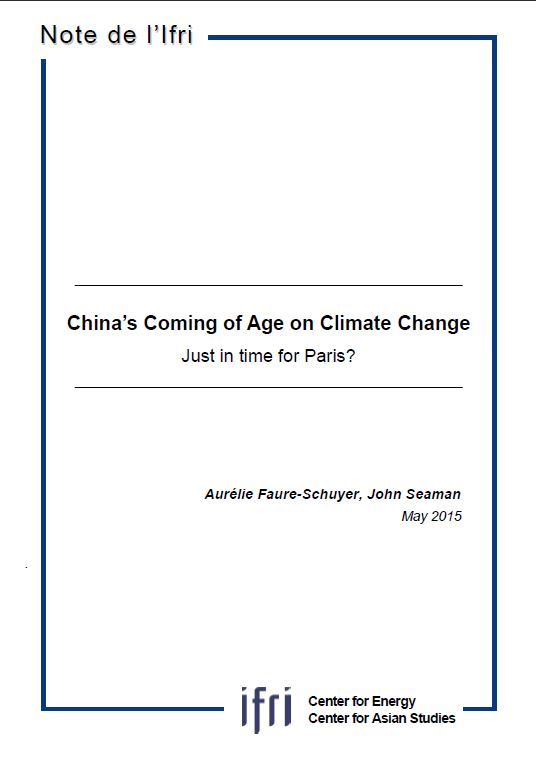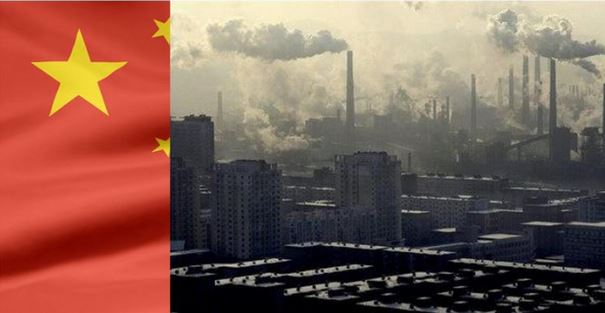China's Coming of Age on Climate Change: Just in time for Paris?

The upcoming Paris climate conference (COP21) is opening the door to a new post-2020 climate regime in which China and other large emitters will have to provide strong evidence of their domestic efforts in addressing global warming in the next century.

China’s domestic climate policy remains consistent in favoring robust action to reduce the country’s projected emissions trajectory and its impact on climate change. An increased emphasis on environmental protection at the political level, the identification of clean energy technologies as new strategic industries for China and a push to restructure the country’s economy towards less energy-intensive sectors, provide an outlook scenario for a peak in CO2 emissions by 2030. This was ultimately the target offered by China in its landmark climate agreement with the US in November 2014, which also saw China agreeing to achieve 20% of its energy production from non-fossil fuel sources by 2030.
Nevertheless, there are doubts regarding China’s willingness to make commitments beyond what it has already announced in the November agreement and the role it will ultimately play in Paris this December. On the one hand, its remaining domestic challenges provide a hefty degree of uncertainty about whether it can achieve the commitments it has already made. A strong political will to combat pollution, for example, does not always translate into decreased emissions at the national level. Moreover, it remains uncertain whether China’s vast anti-corruption campaign will ultimately facilitate strong reforms by reinforcing the central government’s power, stall the country’s bureaucratic machine and thus weaken momentum for reforms, or perhaps even lead to a longer-term political instability. Each of these scenarios will have a different effect on the country’s ability to implement climate policy. China’s position is also complicated by a unique international stance between an increasingly diverse group of developing countries and the need to maintain a level of entente and cooperation with more technologically advanced economies such as Europe or strategic rivals such as the US.
Nevertheless, China’s emphasis on developing globally competitive industries for low-carbon or clean energy technologies means that it has a clear interest in seeing a more robust set of engagements from its partners during COP21 in order to expand the global market for these technologies. In the long term, China may well be in a position to dictate a new climate agenda based on green and nuclear technologies.
Download the full analysis
This page contains only a summary of our work. If you would like to have access to all the information from our research on the subject, you can download the full version in PDF format.
China's Coming of Age on Climate Change: Just in time for Paris?








